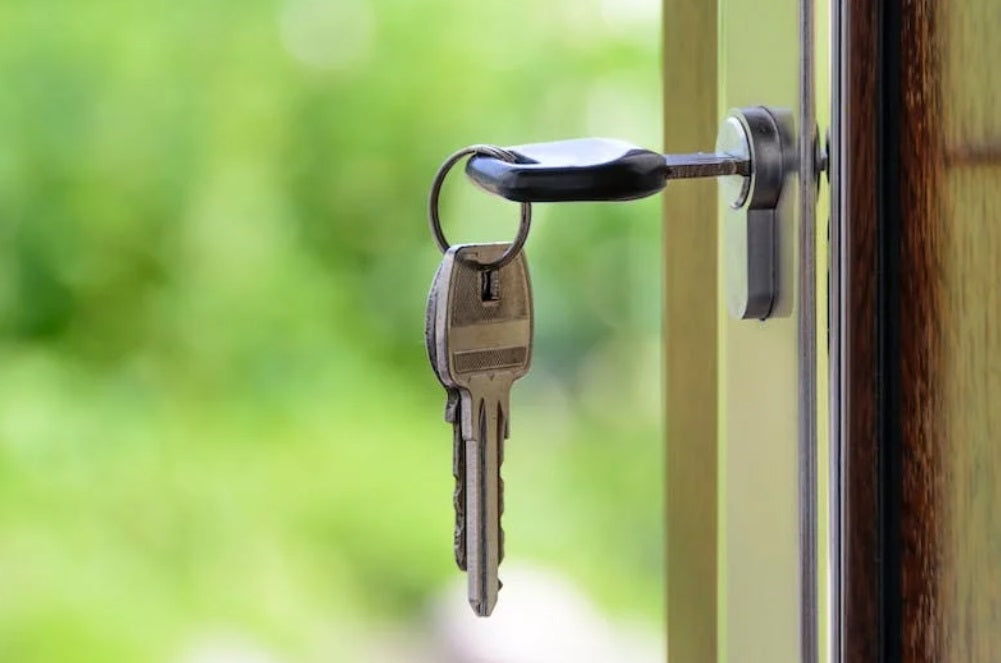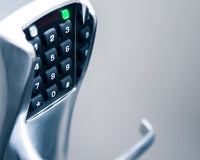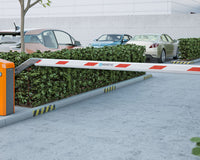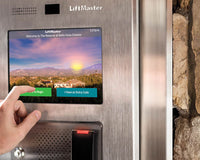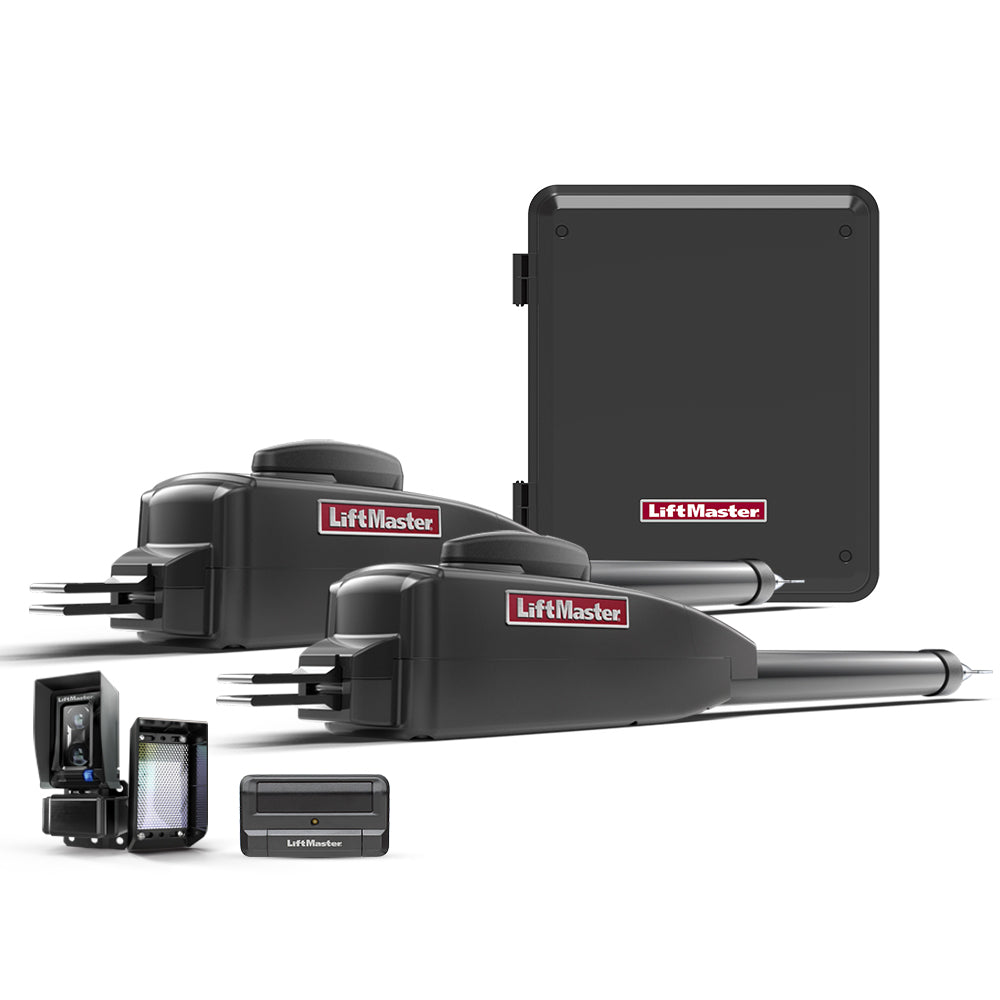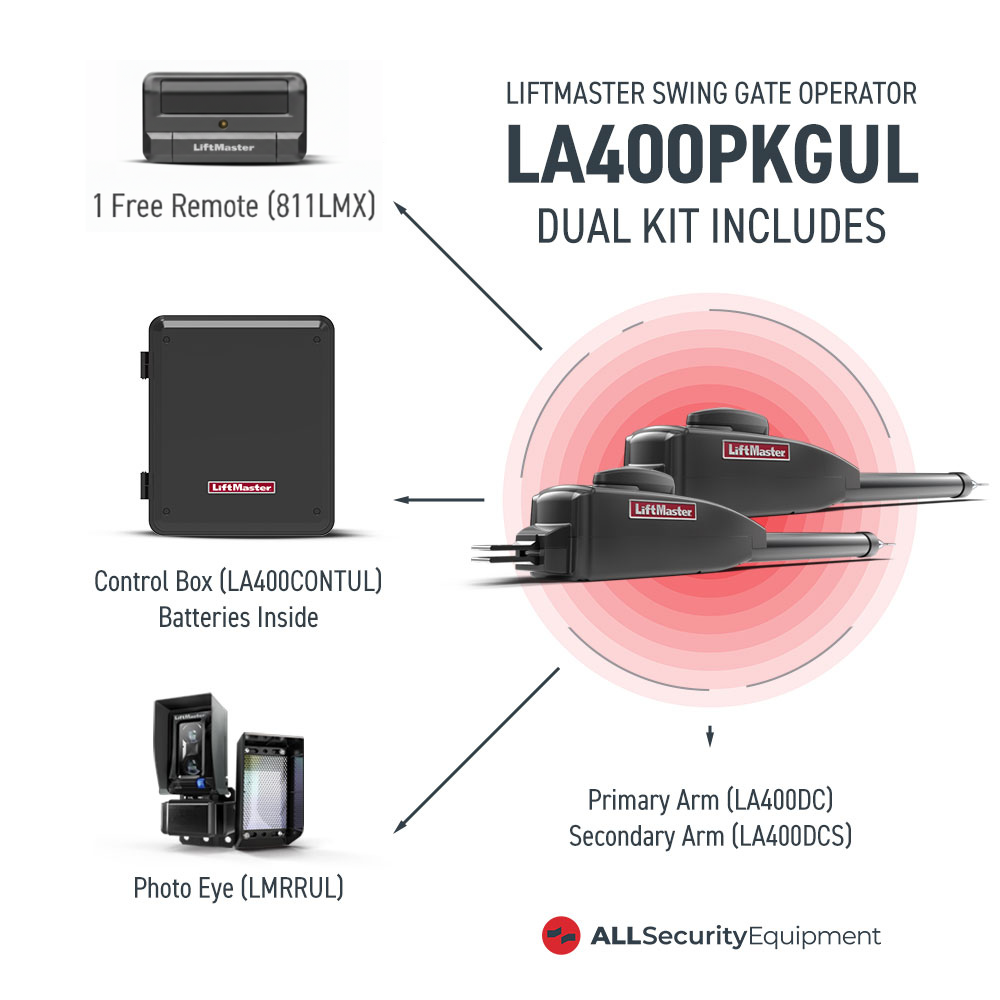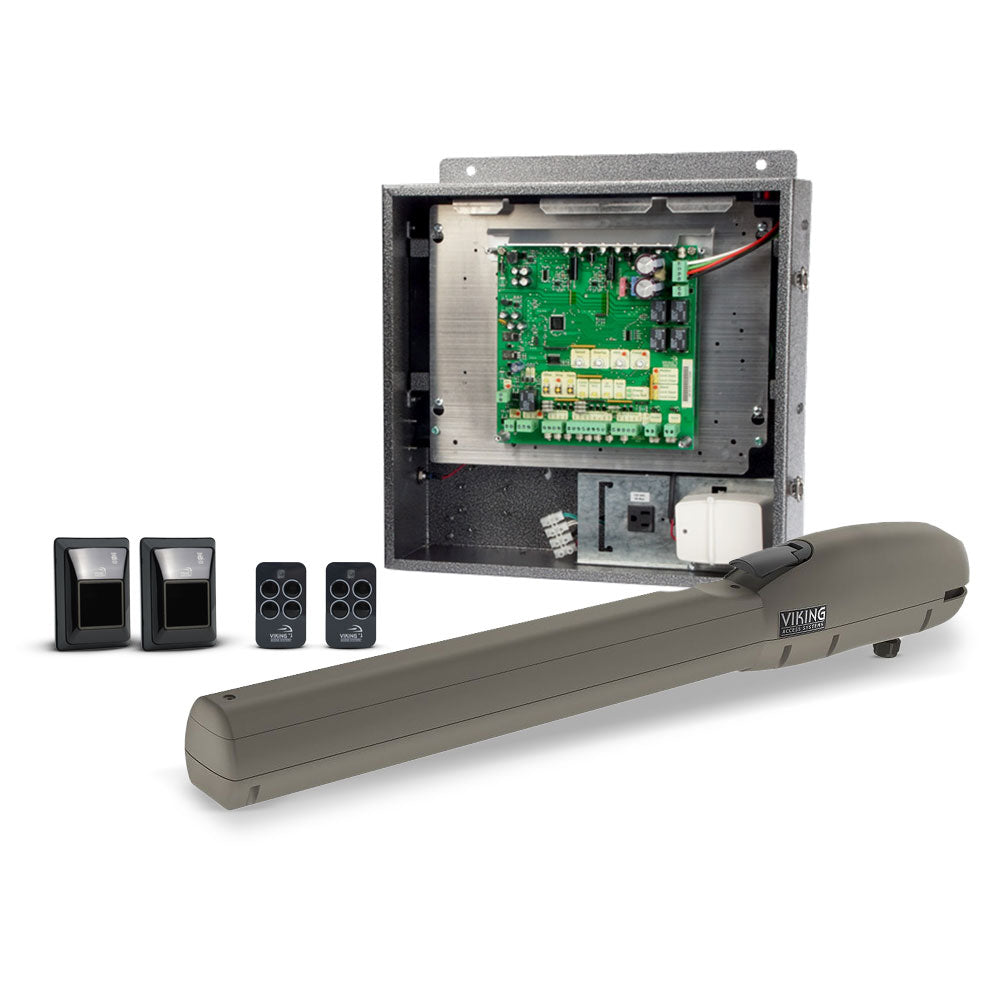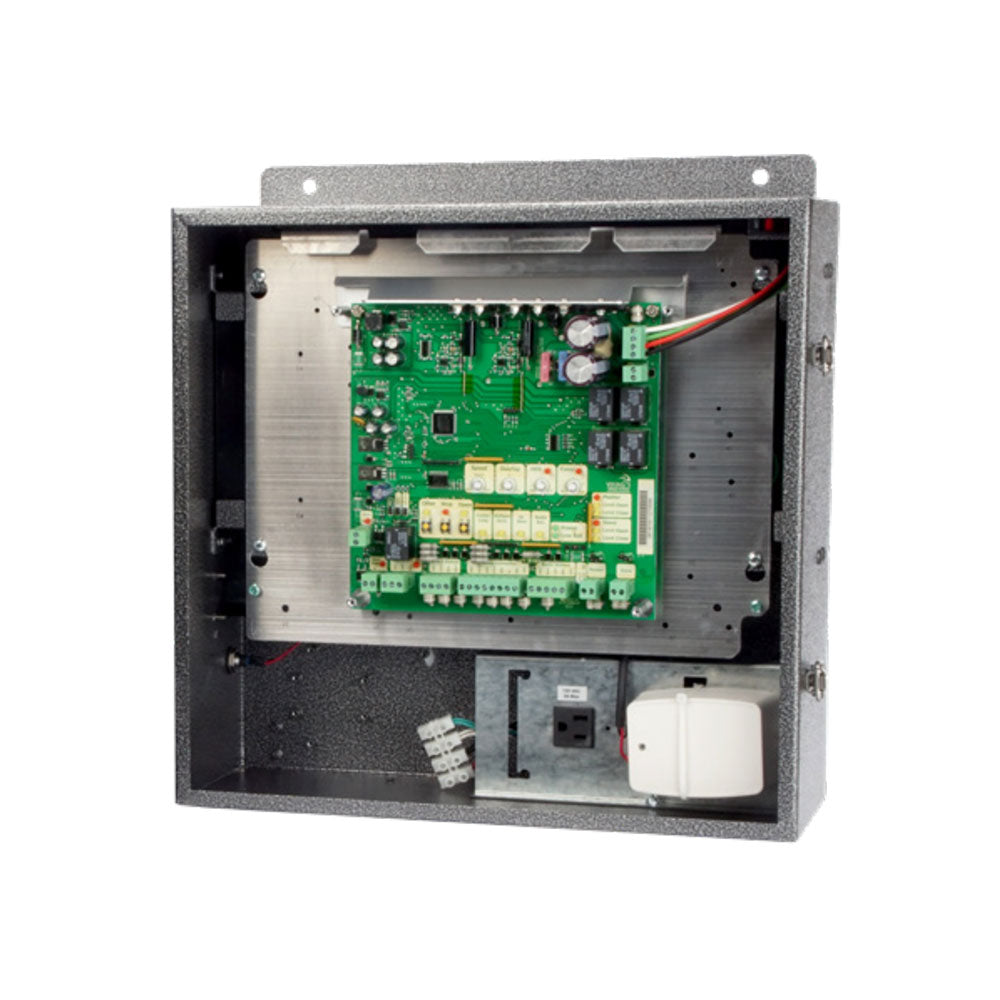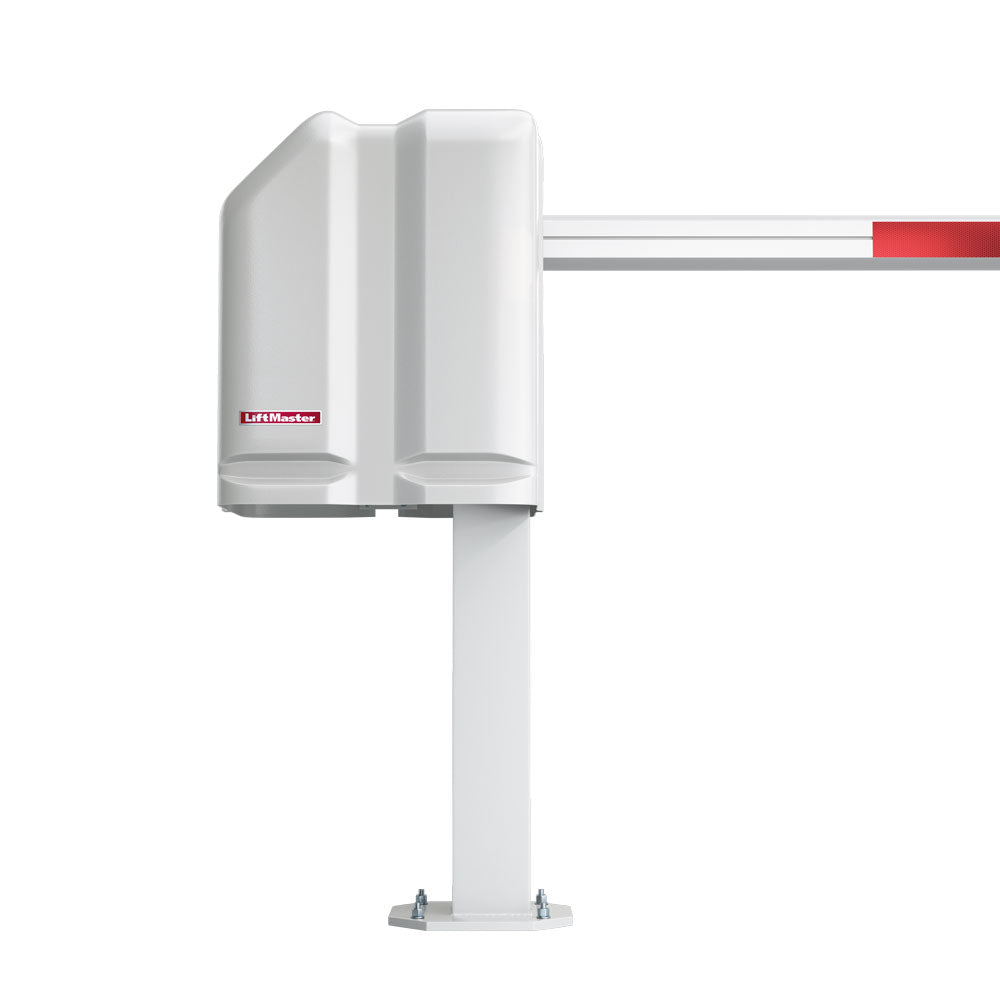A mortise lock set is not like your ordinary door lock set. With its sleek and posh appearance, mortise locks have intricate interiors and are fitted into the hidden pocket of the door. For people aiming for a higher level of security, a mortise lock set is a robust and viable option.
What Is a Mortise Lock Set?
A mortise lock set is the overall lock assembly where the lock is installed in a recess or mortise within the door. It is unlike the standard cylinder lock, which is only attached to the surface of the door.
Inside the lock set is a complex combination of notches and levers that work together seamlessly for enhanced security. Mortise locks feel more modern and innovative, but they are actually a retro throwback.
They were popular in 18th-century Europe and the United States and were commonly installed in commercial and residential buildings. These locks were later upgraded and redefined into the mortise lock set that secures many doors today.
The Features of Mortise Lock Set
Compared to standard cylindrical door locks, mortise locks offer more features and security functions. If you are in the market for a mortise lock set, here are a few of the features to consider:
Locking Mechanism
A mortise lock set is one of the most secured types of locks and has various lock mechanisms. Locking mechanisms for these are available as a latch, deadbolt, sash lock, or hook bolt. Choosing the right locking mechanism for your application depends on the level of security that you need.
- Mortise latch. The mortise latch does not have a locking mechanism. Instead, it is only used for opening and closing the door using a door knob or handle.
- A mortise deadbolt has a keyhole and locking bolt. This means that it requires a separate door handle to open and close the door, or it can only be operated with a skeleton key.
- Sash lock. A sash lock combines the features of a latch and deadbolt. They can open the door and lock it from either side. Sash locks have 3-lever or 5-lever security levels, with 5 being the most secure and most often used for external doors.
- Hook bolt. A hook bolt is a mortise lock set variant commonly used on timber doors, glass doors, and sliding doors. It has a lock body with a bolt, often in the shape of a hook, that engages the strike plate inside the door frame. These are often used as an additional security measure for deadbolts and latch bolts.
Construction
Mortise locks are specially designed to enhance door security and reduce vulnerability to lock picking. Mortise locks are also designed to withstand extreme traffic and a higher frequency of use. Lock sets in solid brass or steel are great options for superior strength and durability.
Security Design
Mortise locks are intricate and complex in design. They have multiple internal components that differ according to the security they can provide. The lock body, latch, levers, and other hardware parts are precisely engineered for security. Often, the more complex the mortise locks, the more expensive they get and the higher the security level they offer.
Installation Complexity
One of the major disadvantages of mortise locks is the labor-intensive installation. However, for people with woodworking skills, drilling the recessed pocket for the box lock will probably prove to be no big deal if you use tools such as the mortising jig.
Mortise locks with fewer moving parts, like the electromagnetic versions, are the easiest to install. However, if you are in doubt, it is better to trust professionals and locksmiths so as not to compromise the safety of your door.
Reversible Handing
Mortise lock sets are designed for reversible handling. This means they can be installed for left or right-handed doors. Mortise locks like the Schlage L-Series are versatile for different door orientations and are field reversible without having to disassemble the entire door lock set.
Aesthetic Option
Mortise locks come in different styles, colors, and finishes to complement various door designs. You can expect to find the perfect style that suits your preference and door configurations.
The most common finishes for mortise locks are polished brass, chrome, satin nickel, or stainless steel to match the door material. Designs also range from ornate to those that are more sleek and contemporary.
Compatibility With the Door Security Systems
Door security systems are becoming widely popular for their enhanced functionality, security, and convenience. Mortise locks are never left behind in technology. Many good brands can also be integrated into the door security system for keyless entry and better management.
What to Consider When Buying a Mortise Lock Set
Mortise lock sets are worth their price when it comes to home and business security. After considering its features, you need to find the right hardware that will work well with your door.
Door type
Mortise locks require drilling pockets into the door surface. That makes timber doors a little tricky for installation because it may weaken the door structure. But, professionals know how to drill into timber so it is still possible to secure your timber door with mortise locks.
Door Thickness and Size
The thickness of the door will determine the hardware needed for installation. The minimum door thickness requirement for installing a mortise lock set is 35mm. However, some heavy-duty mortise locks, like the Schlage Grade 1 Entrance Mortise, can work with doors up to 45 mm thick.
ANSI Standards
The American National Standards Institute (ANSI) grade found in locks signifies its security standard. A Grade 1 rating is the most secure and decreases in higher grades.
Mortise lock sets with a Grade 1 rating are usually equipped with features like anti-pick pins, long bolts, tough casing, and reinforced strike plates. Manufacturers do not always indicate this, so you need to scrutinize its features.
Size of the Lock Set
The right lock size is necessary for practical reasons. It creates a more balanced look and prevents your knuckles from hitting the frame. The ideal size door latch for mortise locks is 100mm. This gives you a backset distance of 75 mm. The backset is the distance from the center of the door knob to the door’s edge.
Ready for a Mortise Lock?
If you are all set and ready to purchase your new mortise lock set, visit All Security Equipment and pick the right one for your door.
We can also answer any questions you may have about other door hardware, door accessories, and door installation needs.

